Sept. 3, 2019:
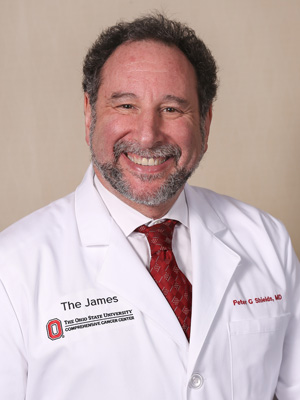 The Ohio State University has appointed Peter Shields, MD, to serve as the university’s representative on the Big Ten Cancer Research Consortium (Big Ten CRC) Steering Committee.
The Ohio State University has appointed Peter Shields, MD, to serve as the university’s representative on the Big Ten Cancer Research Consortium (Big Ten CRC) Steering Committee.
Dr. Shields, a thoracic medical oncologist and deputy director of The Ohio State University Comprehensive Cancer Center – Arthur G. James Cancer Hospital and Richard J. Solove Research Institute (OSUCCC – James), oversees the scientific research programs and research infrastructure of the OSUCCC-James, which includes more than 340 cancer researchers and their teams from 11 of Ohio State’s 15 colleges. His research focus and interests are in how cancer forms and how to prevent it, with an emphasis on developing tests to identify people who are at greatest risk of cancer. Read More
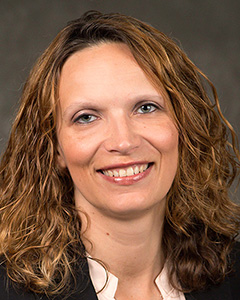 A new Big Ten Cancer Research Consortium study will test the efficacy and safety of combining abemaciclib and pembrolizumab in patients with unresectable or metastatic gastric, gastroesophageal junction, or esophageal adenocarcinoma, who are still fighting their cancers after prior treatment. The single arm, phase II study will be led by the
A new Big Ten Cancer Research Consortium study will test the efficacy and safety of combining abemaciclib and pembrolizumab in patients with unresectable or metastatic gastric, gastroesophageal junction, or esophageal adenocarcinoma, who are still fighting their cancers after prior treatment. The single arm, phase II study will be led by the 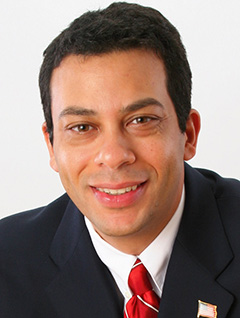 A clinical trial conducted by the Big Ten Cancer Research Consortium (Big Ten CRC) geared to adult patients with advanced Stage IV non-squamous non-small lung cancer will test how participants respond to a combined treatment therapy and how long the cancer can be controlled before it returns. The Big Ten CRC will also check toxicity levels in tissue and blood markers.
A clinical trial conducted by the Big Ten Cancer Research Consortium (Big Ten CRC) geared to adult patients with advanced Stage IV non-squamous non-small lung cancer will test how participants respond to a combined treatment therapy and how long the cancer can be controlled before it returns. The Big Ten CRC will also check toxicity levels in tissue and blood markers.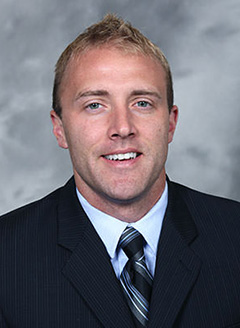
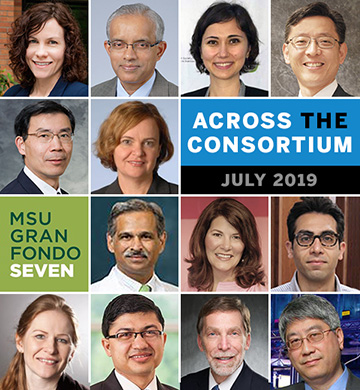

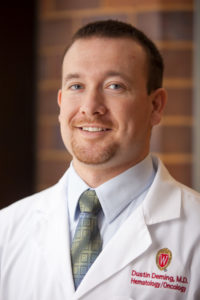
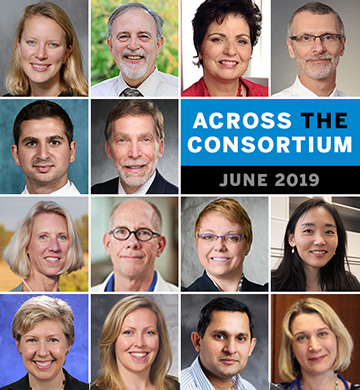
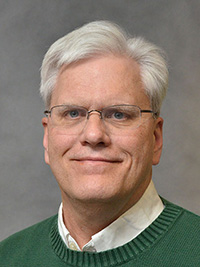
















Subscribe to the Big Ten CRC Newsletter X
X Facebook
Facebook YouTube
YouTube